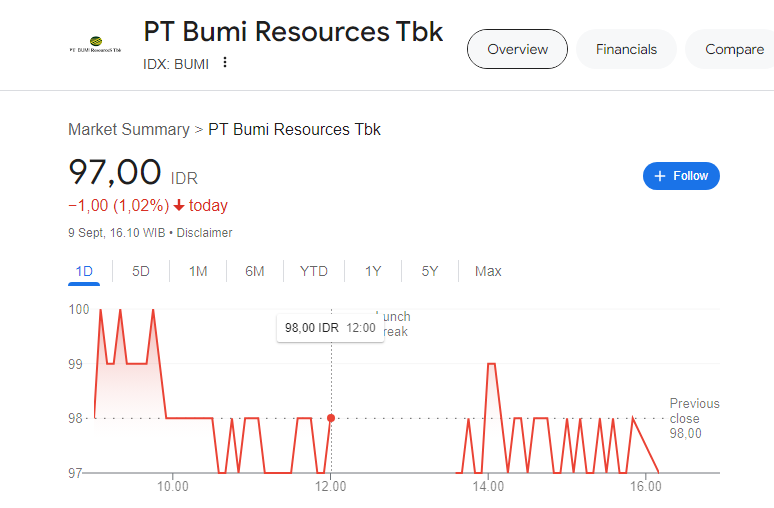The Importance of Keeping a Journal for Attorneys: Tips and Benefits
In the demanding world of law, attorneys are constantly navigating complex cases, juggling multiple responsibilities, and striving to provide the best legal representation for their clients. Amidst this whirlwind, many attorneys may overlook a simple yet powerful tool: journaling. In this article, we’ll delve into “The Importance of Keeping a Journal for Attorneys” and provide step-by-step instructions, complete with a thorough explanation of the tips and benefits it offers.
Understanding Journaling in the Legal Context
What Is Legal Journaling?
Legal journaling involves the practice of recording thoughts, experiences, and reflections related to one’s legal career. It serves as a private space where attorneys can document their daily activities, insights, and challenges. It’s more than just a diary; it’s a strategic tool for professional development.
Explanation: Legal journaling is a structured way for attorneys to document their experiences and thoughts. It helps them reflect on their legal practice, track their progress, and identify areas for improvement.
The History of Legal Journaling
Historically, attorneys have kept journals to record case details, legal precedents, and arguments. In the digital age, legal journaling has evolved, with attorneys often using digital tools and software to streamline the process.
Explanation: Understanding the historical context of legal journaling highlights its enduring relevance in the legal profession. Today, journal attorney can choose between traditional and digital journaling methods.
Benefits of Journaling for Attorneys
Enhanced Legal Practice
Journaling significantly contributes to an attorney’s professional growth. It improves legal skills, research capabilities, and case management.
Explanation: By consistently documenting their experiences, attorneys can review past cases, identify successful strategies, and learn from their mistakes. This leads to improved legal practice and better client representation.
Improved Time Management
Effective time management is paramount for attorneys. Journaling helps them plan their day, set priorities, and meet deadlines efficiently.
Explanation: Attorneys can use their journals to create to-do lists, track billable hours, and allocate time to various tasks. This leads to increased productivity and better work-life balance.
Stress Reduction and Well-Being
Legal practice can be stressful. Journaling provides a healthy outlet for managing stress, maintaining mental health, and achieving a sense of well-being.
Explanation: Writing about challenges, frustrations, and emotions allows attorneys to process their feelings. This emotional release can reduce stress and prevent burnout, ultimately benefiting both the attorney and their clients.
Read More : Role of an Attorney
Tips for Effective Legal Journaling
Choosing the Right Journaling Method
Selecting the most suitable journaling method is essential. Attorneys can opt for traditional paper journals or digital journaling apps, depending on their preferences.
Explanation: Paper journals offer a tactile experience and privacy, while digital journaling provides searchability and accessibility. It’s crucial to choose the method that aligns with an attorney’s needs and habits.
Setting Clear Objectives
Before starting a legal journal, attorneys should define their objectives. What do they hope to achieve through journaling? This clarity will guide their journal entries.
Explanation: Setting objectives helps attorneys focus their journaling efforts. It could be improving legal research, developing negotiation skills, or enhancing case management.
Consistency and Discipline
Consistency is key to reaping the benefits of journaling. Attorneys should establish a regular journaling routine, even amid the demands of their legal practice.
Explanation: By dedicating a specific time each day or week to journaling, attorneys make it a habit. This ensures they capture valuable insights consistently.
Maintaining Confidentiality and Ethics
Attorneys must be cautious when journaling about legal cases to maintain client confidentiality and uphold ethical standards.
Explanation: Attorneys should avoid including sensitive client information or confidential case details in their journals. Instead, focus on personal reflections and general insights related to their legal practice.
Legal Journaling Case Studies
Success Stories
Let’s explore some real-life success stories where attorneys have harnessed the power of journaling to excel in their careers:
- Case Study 1: Attorney A. used their journal to meticulously document their negotiation tactics. Over time, they refined their strategies and achieved better settlements for their clients.
- Case Study 2: Attorney B. maintained a journal of legal precedents and case law. This resource became invaluable in winning a challenging case where a nuanced legal argument was essential.
Conclusion
In conclusion, “The Importance of Keeping a Journal for Attorneys” cannot be overstated. It offers a structured approach to self-improvement, time management, stress reduction, and professional growth. By following the tips provided in this article, attorneys can harness the benefits of journaling and elevate their legal practice to new heights. Embrace the power of journaling, and watch it transform your legal career.















